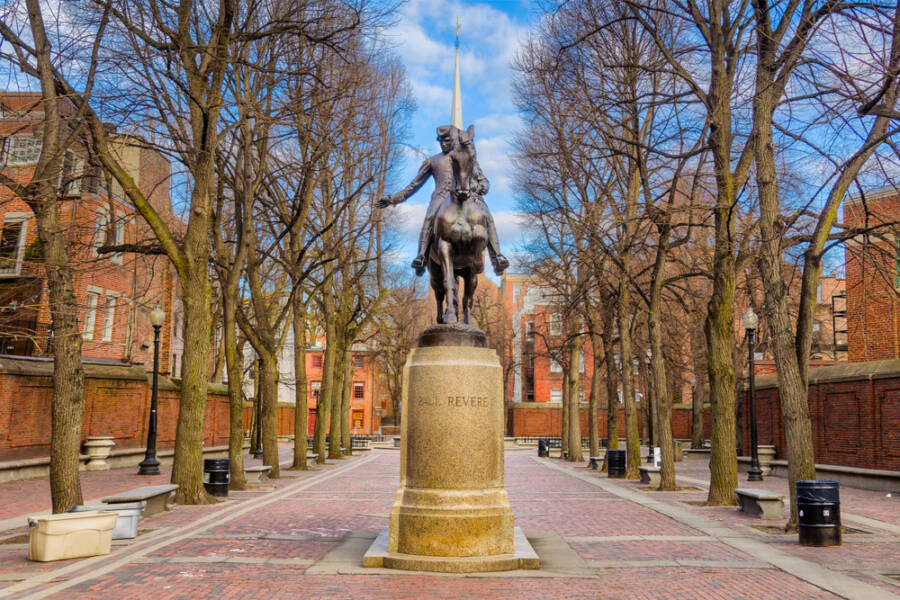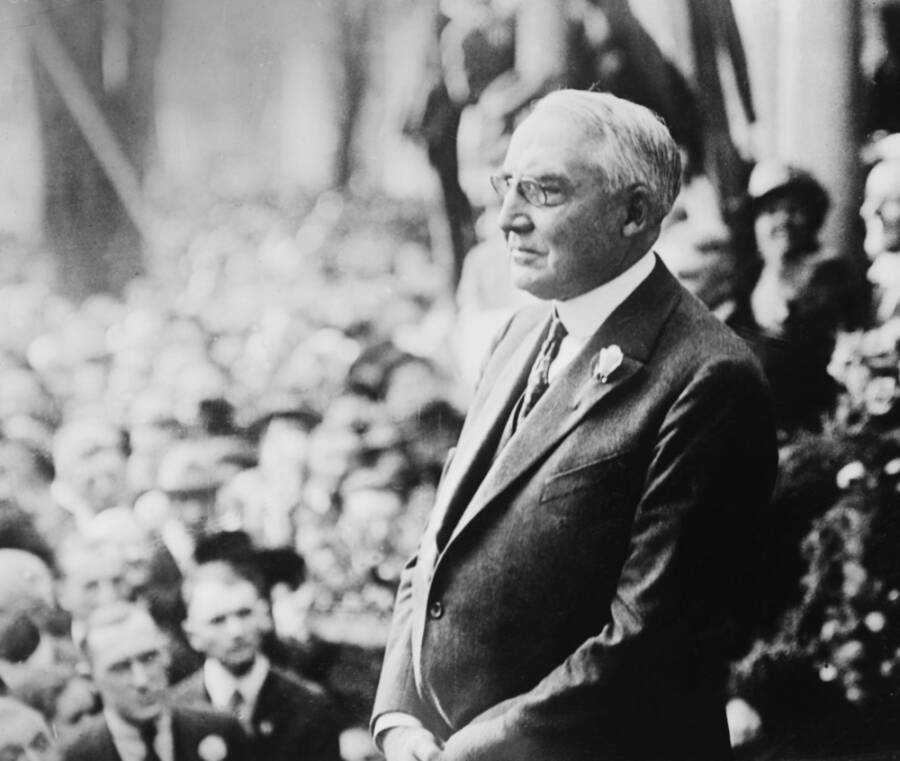Did you know these companies profited by doing business with the Nazi Party during World War II?
A lot of businesses are known for having ruthless practices in order to get ahead of the competition. After all, we do not have to look further than the fast fashion industry to find examples of companies that have had grueling production practices that involve exploiting children and the poor. Yet, this is not a practice that has just been invented; it has been practiced ever since capitalism came to be!
And while some would think that profiting from mass atrocities and partnering with some of the cruelest and most horrible people is probably where the line should be drawn, there are a lot of businesses that just saw yet another way to make more money. Being associated with the Nazis already puts you in a terrible light, but actually making money off the suffering of others is on another level.
While most of the companies we shall discuss today have paid a lot of money in restitution fees, they also want to wipe their past clean and pretend what they did never happened. So, in order to not forget what they did, we have brought you some of the major businesses that profited during WWII and how they did it!
Let us know in the comments if any of them surprised you!
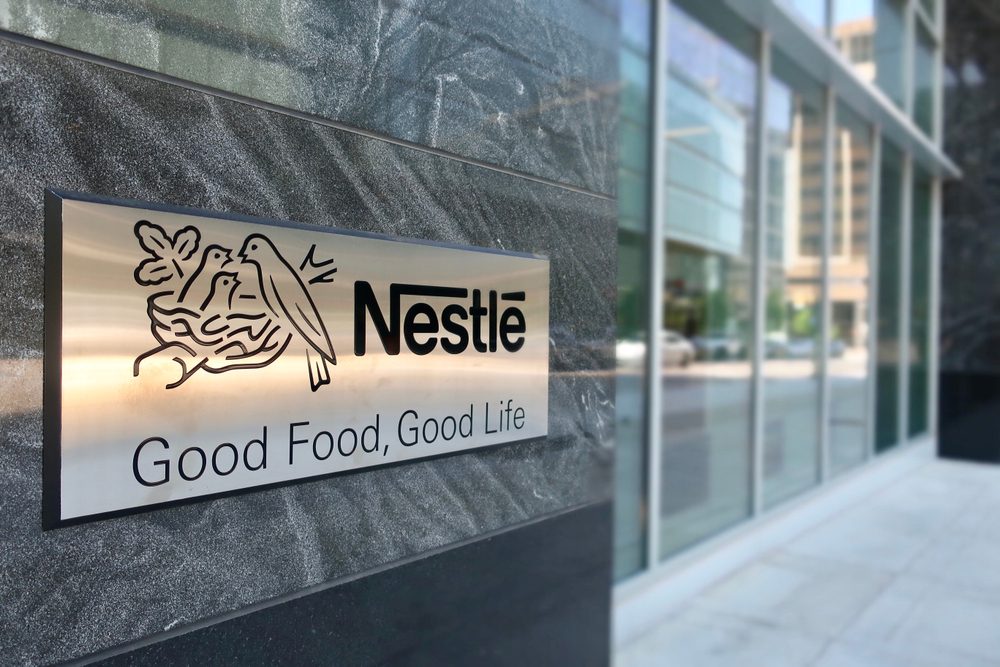
#1 Nestlé
The first thing that comes to mind when you think of Nestlé is probably chocolate, along with various other cereal-based products and maybe even some of the other products they make to run their massive business. You would not necessarily think about them as part of the Holocaust, no? Yet, in 2000, this Swiss company had to pay a massive sum of $14.6 million to one of the funds put in place for Holocaust survivors. Why did they have to do this?
This is due to a variety of factors. Maggi, which is now a subsidiary of Nestlé, used slave labor from Nazi concentration camps that were along Switzerland’s border with Germany. If that wasn’t horrible enough— way in which they took the opportunity to make more money off the suffering of other— there is another fact that is bound to make the hair on your arm stand out.
Remember the saying about not accepting candy from strangers? It applies to this business! During the Second World War, Nestlé chocolate bars were used to trick young Jewish people into captivity before they were sent to the camps. While it is commendable that they did pay reparations, it doesn’t erase the dark history of the company’s business during the war. Especially since Switzerland was supposed to be neutral.
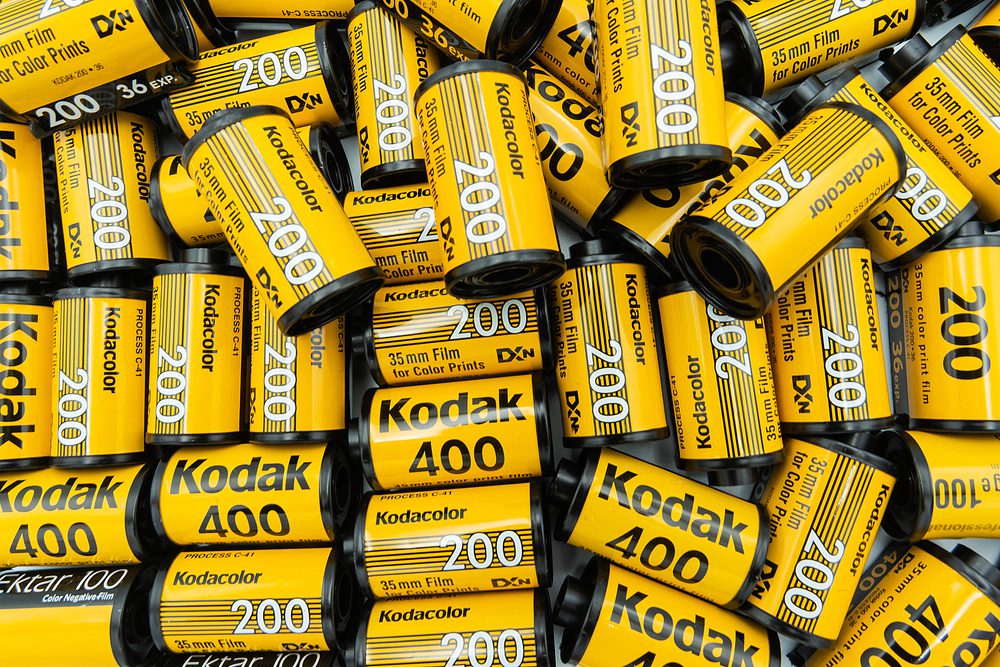
#2 Kodak
What could a film-roll company possibly have done that was so heinous? The sad truth is that the past of Kodak and the business they ran alongside one of the most feared regimes in the world speaks volumes about their morals. A man by the name of Wilhelm Keppler was Hitler’s best economic adviser, and he was in charge of giving advice on what to do with what was called Nazi gold. From where and when they spent it to how they spent it, he was behind it!
He is relevant to the story because U.S. intelligence dubbed him “the Kodak man” because of how close his ties were with the business and the many personal ties he had with the company. Keppler was a double agent of sorts, giving information to some of the smaller U.S.-based companies and Kodak, but not in a good way. When Hitler rose to power, he highly encouraged Kodak to fire all their Jewish workers because it would be “beneficial” in the long run.
What proves that it was not just a coincidence is the fact that Kodak factories in Germany used slave labor coming from the concentration camps to make production as fast and cheap as possible. They also got into manufacturing military goods for the Nazi Party, from detonators to triggers and other military-grade equipment.
#3 Ford
Henry Ford was famous at the time, and Hitler was one of his biggest fans: he got a shout out in Mein Kampf, and the dictator kept a portrait of Henry Ford above his desk due to how much he admired him. To make things even worse, in 1938, Ford received the biggest award the Nazi Party was conferring on distinguished and respected foreigners, the Grand Cross of the German Eagle. You might think Ford rejected it, but he made sure it worked in his favor when it came to business.
The Ford Motor Company’s German factories used the cheapest labor around, meaning they used slave labor, and they even went so far as to fund the German war effort with materials and equipment in return for the Party’s favor. The most damning evidence that they had was the fact that American managers agreed to let the Nazi regime use the Form factories to manufacture military equipment. And despite what Ford’s lawyers have been trying to say for years, it seems like the American branch was in the know about what was going on in the German counterpart.
To make things even worse. Henry Ford was a known anti-Semite, so the whole situation doesn’t sound like a coincidence.
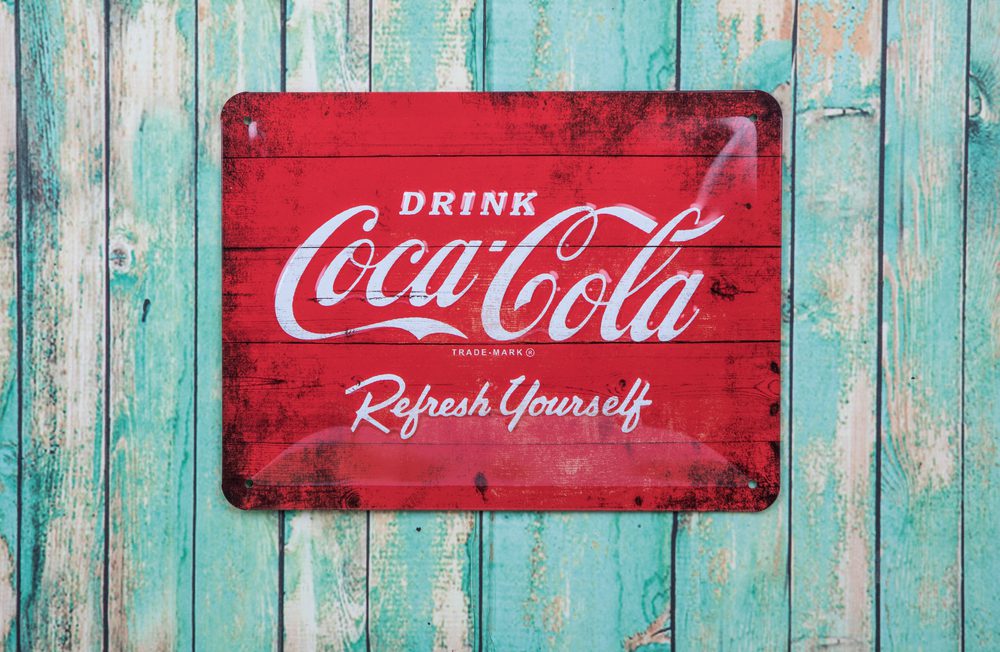
#4 Coca-Cola
Those awful Diet Coke ads are not going to be the only thing that you think is distasteful after we tell you about their rocky past. Before they started to get into changing how Santa looked and making repetitive ad campaigns, Coca-Cola was also supplying the Nazis with soft drinks. It may sound fake, but while part of the company was making sure to keep the Allies supplied with Coca-Cola, the German branch of the company (Coca-Cola GmbH) was doing business with the Nazi Party.
They buttered them up and were able to build factories on occupied land, even advertising the soft drink alongside propaganda campaigns. While some may think it was a smart business move, playing friends with two sides is a bit shady.
But wait until you hear how Famta was invented. In 1941, the head office of Coca-Cola stopped sending the syrup needed to make the beverage to the German branch. The man in charge, Max Keith, was the one who invented a whole new drink with ingredients they could get in Germany, so they wouldn’t lose the revenue coming from the Nazis. Yes, you guessed it. That’s how Fanta was born!
#5 Medicine business: Bayer
When we have a headache, a lot of us are used to reaching out for aspirin, and the most popular one out there is the one made by Bayer. Aspirin, dubbed the “wonder drug,” may not be as miraculous when you consider its history and, more specifically, what the company that manufactured it did. Bayer was once part of the pharmaceutical giant IG Farben, which was a German company.
You may not have heard of that company, but that is because it was dissolved in 1952 after roaring scandals and controversies about its involvement and close relationship with the Nazi party. And they were right to do so! The business they conducted using slave labor turned out to be their smallest war crime, as the toxic gas that was used by Hitler in the chambers was manufactured by them!
Another truly heinous act they committed was to conceal one of the inventors of aspirin! In the 1890s, the drug was made by Felix Hoffman (who was a talented and young chemist) and his superior, Arthur Eichengrun. When the Nazi Party rose to power back in the 1930s, Bayer singlehandedly erased Eichengrun from their papers and thus from almost all history books by refusing to acknowledge him as one of the people who invented aspirin.
The reason? Bayer did not want a Jewish person to be associated with their company when there was a war on the horizon. That is why, even to this day, Eichengrun is not known by many for his contribution to medicine. But Bayer definitely made a fortune by making and selling this drug.
If you’re curious about more facts about the Second World War, you should definitely check out these little-known facts that are definitely going to surprise you!

